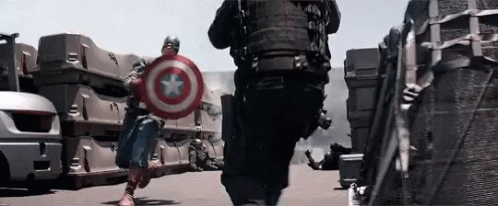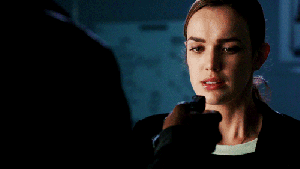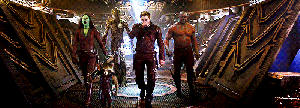
HIGH POINT OF THE MARVEL CINEMATIC UNIVERSE (MCU)
I have watched the movies and some of the television shows from the Marvel Cinematic Universe (MCU) since its inception with 2008's "IRON MAN". I am sure that many of the franchise’s fans have their own favorite movies and shows.
In my case, I have a favorite period of the franchise, which I personally consider its high point. Which is that period, you may ask? Well … I think the high point of the MCU had occurred during the spring and summer of 2014.

For me, it began with the airing of the "AGENTS OF S.H.I.E.L.D." episode, (1.13) "T.R.A.C.K.S.". It continued on for the next three episodes, until (1.16) "End of the Beginning". Then came my favorite MCU movie of all time, "CAPTAIN AMERICA: THE WINTER SOLDIER", which started the MCU’s best story arc in my opinion, "The Fall of S.H.I.E.L.D.". This story continued in the superb "AGENTS OF S.H.I.E.L.D." episode, (1.17) "Turn, Turn, Turn". This story arc finally completed in the series’ Season One finale, (1.22) "Beginning of the End".

Two-and-a-half months after Season One of "AGENTS OF S.H.I.E.L.D." ended, along with "The Fall of S.H.I.E.L.D." story arc, the MCU released my second or third favorite MCU movie of all time, "GUARDIANS OF THE GALAXY".

I do not think I have truly enjoyed the MCU franchise since that six-month period between February and August of 2014 that not only unveiled "The Fall of S.H.I.E.L.D.", but also introduced the Guardians of the Galaxy to the franchise’s fans. That whole period of 2014 was so enjoyable and well-written to me. And I personally feel that the MCU has never been able to recapture that consistent level of excellence again . . . even after five-and-half years.






































